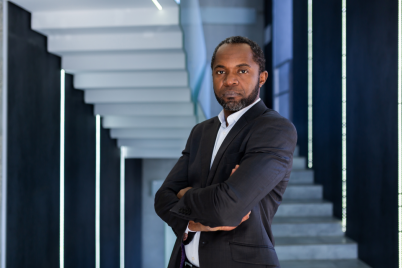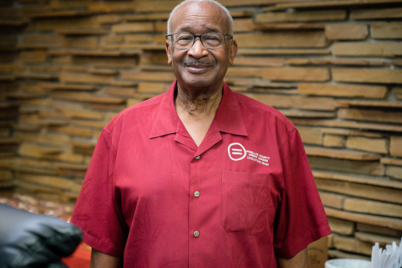‘A power that the best of leaders have is the power of conscious choice,’ Michael Broom, Ph.D. ‘Making conscious, intention-laden choices rather than doing the bidding of our emotions or ego is a necessity of good leaders.’
BY MICHAEL F. BROOM, Ph.D., Organization Development Psychologist
A power that the best of leaders have is the power of conscious choice. All of us have the power of choice. It’s just that the best leaders multiply it by using it consciously. Most of us make the myriad choices of daily life automatically; though expedient and convenient, it limits the potential of our ability to choose.
Choosing consciously, not automatically, gives us the flexibility to adapt to situations as they are. Our automatic choices are from past experiences, which work if the current situation is similar as they often are.
There are times when we want to lead that our automatic behaviors can create undesirable and unintended consequences. Still, on automatic, we then complain and blame as if the results of our automatic behavior had nothing to do with us. Blaming and complaining are denials of responsibility and a negation of our power of choice.
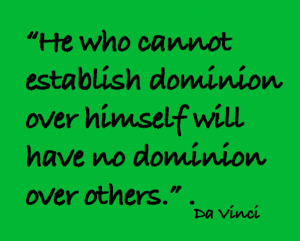
For example, I was leading a small, not-for-profit organization and found out that one of my small staff had acted contrary to my direction regarding an important task. Intending to help him correct his behavior, I talked with him. He was totally unapologetic. I could feel my anger grow as I continued to reason with him to no effect.
Eventually, my frustration got the best of me, and I fired him on the spot — exactly the opposite of my intention. Notice the phrase “my frustration got the best of me,” meaning that it wasn’t my fault. My frustration did it, not me! I had no choice.
How often have you used phrases like that, claiming that you were a victim of your own emotions as if you have no responsibility for what you say and do? We say, “You made me angry,” as if someone other than ourselves is responsible for our emotions and subsequent behavior — as if we had no choice!
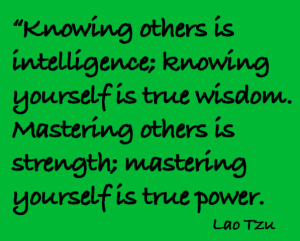
Had I chosen my behavior consciously, I would have been curious about his point of view rather than focusing on what he did wrong. Would he have come around to my way of thinking? Maybe, maybe not. Still, it would have given me a greater probability of holding on to a valuable staff member than firing him did.
Making conscious, intention-laden choices rather than doing the bidding of our emotions or ego is a necessity of good leaders. Easier said than done, you say. Yes, no one is saying that accessing the power of conscious choice is easy, just necessary.
Want to be an effective leader? Then start with noticing the times when being on automatic hasn’t worked for you and own that whatever you did or didn’t do was core to your lack of success. Those choices are where you must start.
One way to practice is to notice how many things you do and say automatically. Do you brush your teeth the same automatic way and get dressed the same way every morning? Do you automatically say you’re sorry for things that have nothing to do with you?
Do you automatically get defensive when someone points out that you’re wrong about something that challenges your expertise? Do you argue with your kids or significant other about the same things over and over? Have you found yourself doing louder and harder whatever you’re doing that isn’t working? That’s what some refer to as insanity.
They are all examples of automatic behaviors. No need to change them at this point. To start, it is enough just to notice them — those that are useful and those that aren’t.
Acknowledging when our automatic behaviors have not taken us toward our intentions is a great first step toward gaining the full power of conscious choice. The next step is to replace what we do that isn’t working with behaviors with a greater probability of success.
We’ll start that discussion in our next installment about ego and energy sponges, those things we automatically do such as worry, complain, and blame, which are automatic behavior choices that waste our time and energy while delivering little or no benefit!
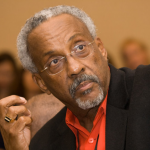 Michael F. Broom, Ph.D., has been an organization development psychologist for 45 years. He consults with organizations of all types, including Google and Genentech among others. He has taught at major universities, including Johns Hopkins and American. For more information, you can contact him at www.chumans.com or michael@chumans.com.
Michael F. Broom, Ph.D., has been an organization development psychologist for 45 years. He consults with organizations of all types, including Google and Genentech among others. He has taught at major universities, including Johns Hopkins and American. For more information, you can contact him at www.chumans.com or michael@chumans.com.



